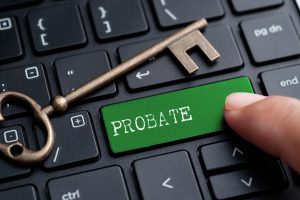 The New York Probate Lawyer Blog has published many articles concerning New York trusts and estates and the settlement of probate and intestate estates. When a person dies, a determination needs to be made as to whether he left a Last Will and Testament. If so, it is important to see whether the Will document is an original or a copy. This is because it is extremely difficult to probate a copy of a Will.
The New York Probate Lawyer Blog has published many articles concerning New York trusts and estates and the settlement of probate and intestate estates. When a person dies, a determination needs to be made as to whether he left a Last Will and Testament. If so, it is important to see whether the Will document is an original or a copy. This is because it is extremely difficult to probate a copy of a Will.
Surrogate’s Court Procedure Act (SCPA) section 1407 entitled “Proof of lost or destroyed will”, sets forth the requirements to prove a Will where the original cannot be located. The prevailing rule in New York is that if the original of a Will was known to be in the possession of a decedent at the time of death and the original cannot be found, there is a presumption that the Will was revoked by the decedent.
Assuming that an original Will is located, the document must be filed with the Surrogate’s Court for probate. The probate process in New York includes the filing of a Petition for Probate. The petition contains information regarding the names and addresses of a decedent’s next of kin (“distributees”), information regarding the Will provisions and also the value of the probate estate.
 New York Probate Lawyer Blog
New York Probate Lawyer Blog










